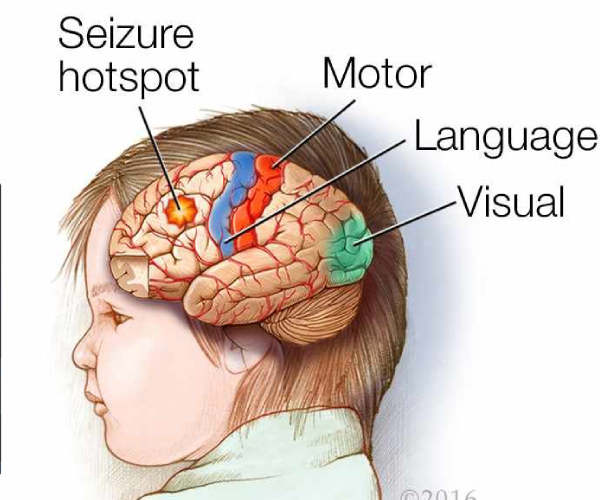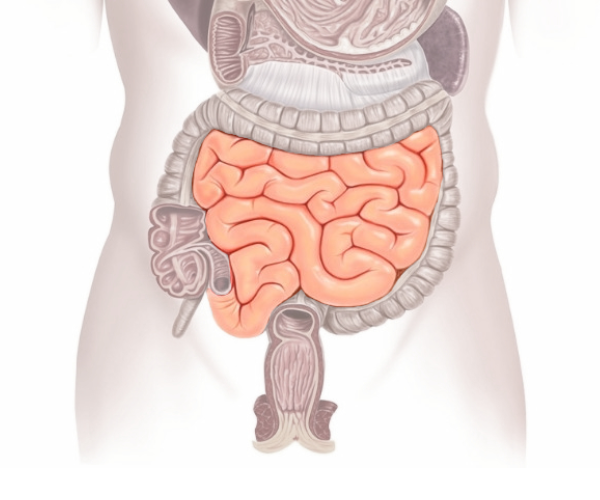
Top Signs and Symptoms of Neurological Disorders: When to See a Neurosurgeon
Neurological disorders can significantly impact a person’s daily life and overall health. Because the nervous system controls vital functions such as movement, thought, sensation, and organ function, disruptions can lead to a range of symptoms. Early identification and treatment by a specialist, often a neurosurgeon, can play a key role in managing or even reversing these conditions. Below are some of the most common signs and symptoms associated with neurological disorders and guidance on when to seek the expertise of a neurosurgeon.
1. Chronic Headaches
- Signs: Persistent, severe headaches, particularly those that worsen over time, can be a red flag. Other warning signs include headaches that are most severe in the morning, worsen with physical activity, or are accompanied by nausea, vomiting, or visual disturbances.
- Potential Causes: While headaches can be due to stress, dehydration, or even eye strain, they can also signal serious conditions such as brain tumors, aneurysms, or infections.
- When to See a Neurosurgeon: If headaches are chronic, severe, or accompanied by other neurological symptoms like weakness, vision changes, or confusion, a neurosurgical consultation may be warranted. A neurosurgeon can perform imaging studies to determine if there is an underlying structural cause.

2. Sudden Vision Changes
- Signs: Blurred vision, double vision, partial vision loss, or sudden, unexplained changes in vision.
- Potential Causes: These symptoms could be related to optic nerve compression, brain tumors, stroke, or other neurological conditions.
- When to See a Neurosurgeon: Sudden or progressive vision loss, especially when accompanied by headaches or neurological symptoms, should be evaluated urgently. A neurosurgeon can help determine if there is pressure on the optic nerve or other intracranial abnormalities.

3. Seizures
- Signs: Seizures may involve loss of consciousness, convulsions, or more subtle signs like brief loss of awareness, jerking movements, or strange sensations.
- Potential Causes: Seizures can result from various conditions, including epilepsy, brain tumors, head injury, infections, or blood vessel abnormalities.
- When to See a Neurosurgeon: If seizures occur frequently, are severe, or are associated with a known brain abnormality (such as a tumor), a neurosurgeon can provide guidance on treatment options, which may include surgery to control seizure activity.

4. Weakness or Numbness in Limbs
- Signs: Weakness, numbness, tingling, or even complete loss of sensation in arms or legs, often on one side of the body.
- Potential Causes: These symptoms may indicate a problem with the spinal cord, brain, or peripheral nerves. Conditions like stroke, multiple sclerosis, herniated discs, or spinal tumors can contribute to these issues.
- When to See a Neurosurgeon: Persistent or worsening weakness or numbness should be evaluated promptly. A neurosurgeon can help identify if there’s compression in the spine or brain that may require surgical intervention.

5. Difficulty with Coordination and Balance
- Signs: Clumsiness, loss of balance, difficulty walking, or frequent falls.
- Potential Causes: Problems with coordination can be a result of cerebellar disorders, Parkinson’s disease, multiple sclerosis, or spinal cord issues.
- When to See a Neurosurgeon: Any sudden onset of coordination issues or progressive balance problems should be evaluated by a specialist. If imaging shows structural issues impacting the spinal cord or brain, a neurosurgeon can advise on the appropriate next steps.
6. Chronic Neck or Back Pain
- Signs: Persistent pain in the neck or back, especially when accompanied by numbness, tingling, or weakness in the extremities.
- Potential Causes: Common causes include degenerative disc disease, herniated discs, spinal stenosis, or spinal tumors.
- When to See a Neurosurgeon: If conservative treatments for neck or back pain fail, or if the pain is associated with neurological deficits, a neurosurgeon can evaluate the spine and consider surgical options to relieve pressure on the spinal cord or nerves.

7. Cognitive Decline or Memory Loss
- Signs: Difficulty with memory, decision-making, problem-solving, or even confusion and personality changes.
- Potential Causes: These symptoms can arise from conditions such as Alzheimer’s, Parkinson’s, brain tumors, or hydrocephalus.
- When to See a Neurosurgeon: If cognitive decline is suspected to be due to a brain tumor or hydrocephalus, a neurosurgeon may be able to offer treatments, including shunt placement for hydrocephalus or surgery for tumor removal.

8. Speech and Language Difficulties
- Signs: Difficulty finding words, slurred speech, or trouble understanding language.
- Potential Causes: Language and speech difficulties can stem from a stroke, brain injury, or a tumor affecting areas of the brain responsible for speech.
- When to See a Neurosurgeon: If speech difficulties arise suddenly or worsen over time, they should be evaluated immediately, especially if a stroke or brain tumor is suspected. Imaging can help identify areas in the brain that might need surgical intervention.

9. Headaches with Neurological Symptoms
- Signs: Severe headaches, often with nausea, vomiting, visual disturbances, or neurological deficits.
- Potential Causes: These symptoms can point to conditions like brain tumors, aneurysms, or increased intracranial pressure due to other causes.
- When to See a Neurosurgeon: If headaches are unusually severe or associated with neurological symptoms, a neurosurgeon can perform imaging studies to rule out potentially life-threatening conditions like tumors or aneurysms.
10. Facial Pain or Numbness
- Signs: Unexplained facial pain or numbness, especially on one side of the face, which may involve the mouth, nose, or eyes.
- Potential Causes: Conditions like trigeminal neuralgia, tumors, or nerve compression in the brainstem can cause facial symptoms.
- When to See a Neurosurgeon: Facial pain or numbness should be evaluated if it is sudden, severe, or progressive, as it may indicate nerve compression or a tumor that requires surgical intervention.

11. Loss of Bladder or Bowel Control
- Signs: Involuntary loss of bladder or bowel control, often accompanied by weakness or numbness in the legs.
- Potential Causes: This may be due to spinal cord injuries, pressure on the spinal nerves, or cauda equina syndrome.
- When to See a Neurosurgeon: Loss of bladder or bowel control requires urgent attention. A neurosurgeon can assess for spinal cord compression or other conditions that may require surgical intervention.

Final Thoughts: Seeking Timely Care
Neurological symptoms can often be subtle but may become severe without appropriate treatment. If you or someone you know is experiencing any of the above symptoms, it is essential to consult a healthcare professional. Early consultation with a neurosurgeon may provide a range of treatment options, potentially improving prognosis and quality of life. A neurosurgeon can assess, diagnose, and treat many neurological conditions through advanced techniques and technology, helping to manage or even eliminate troubling symptoms.
By recognizing these signs early and consulting a neurosurgeon when needed, patients can address neurological disorders proactively, ensuring the best possible outcomes.

Dr. Adam Kamrudeen
Neurosurgeon in Navi Mumbai
- MBBS, MS – General Surgery,
- MCh – Neuro Surgery
- Brain & Spine Surgeon in Navi Mumbai
Conclusion
Consulting with Dr. Adam Kamrudeen, a skilled neurosurgeon in Navi Mumbai, is crucial if you're dealing with spondylosis. This degenerative condition of the spine can cause significant pain and mobility issues. Dr. Adam Kamrudeen will assess your condition and explain the surgical and non-surgical treatment options available, including minimally invasive techniques to relieve pain and restore function.
Schedule a consultation with Dr. Adam Kamrudeen to explore the best approach for managing spondylosis and improving your quality of life.
